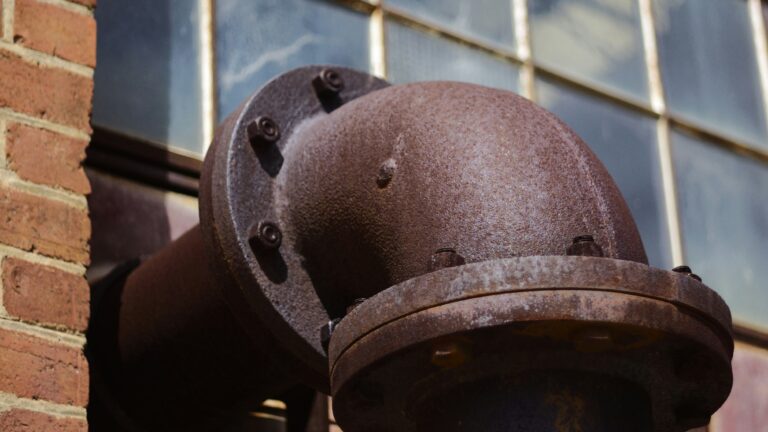Cars are undoubtedly an important aspect of modern life. A new car can be exorbitantly costly, so buying a used car is certainly a reasonable option. Cars can also bring their own complications, though. Here are a few things to keep in mind when you buy a previously owned car.
Be sure you’re legal
The first thing you should do after buying a used car is to make sure all of the relevant paperwork filled out. To legally drive your recently purchased car, you need to make sure the car’s registration paperwork is properly dealt with. Making sure your newly purchased car is properly registered is usually a legal requirement, and getting it registered tends to involve documents like the car’s insurance, your driver’s license, and even a safety inspection in some areas. If the inspection before your purchase was not satisfactory, there are also recommended checklists that are available if you wish to make sure your vehicle was a worthwhile purchase. Additionally, you will most likely need to prove to your local Department of Motor Vehicles (DMV) that you do, in fact, own the car after you purchase it to get it properly registered. There are several ways to do this, like producing a “Manufacturer’s Certificate of Origin” or a “Letter of Release from Lienholder” so make sure you are aware of which kind of proof you are using.
Take care of the hardware
You should also make sure to do some maintenance on your car after you purchase it. Changing the various fluids that go into making your car work is a good place to start. This includes oil, radiator fluid, and brake fluid. It would also be a good idea to take a look at the hardware on the car that could be prone to wearing out, as well. The tires and brakes of your recently purchased car are especially important to check, and even though brake failures are relatively uncommon they still account for 300,000 car accidents in the United States every year. Even if you buy your car at a reputable salvage car auction, doing some maintenance and checking systems in the car that are integral to its passenger’s security is something you want to take care of sooner rather than later.
Long-term maintenance
Doing a bit of research into how to maintain your car would also be wise. Taking a look at the car’s owner’s manual might be helpful. If you have a question about the tire pressure, the function of a part of a car, or a similar question, the owner’s manual is likely to have an answer. It couldn’t hurt to take a look at learning how to troubleshoot common car problems, either, so you better know how to discuss the problem with qualified individuals and potentially save money on any car repairs you might need down the line. Going the extra mile to look up some car care tips is also advisable. Preventing a problem is always better than having to repair one after it has affected your vehicle.
A used car can be a valuable resource if it is treated correctly. Making sure all of the legal paperwork that goes into keeping a car around can be a fair amount of trouble by itself. Doing some precautionary maintenance is also a good idea, even if all the inspections leading up to the purchase were satisfactory. This is especially true in the case of used cars. Even if you only plan on keeping your previously owned car for a short time, investing some time and effort into learning how to maintain it will likely pay off if you plan to sell it later.




